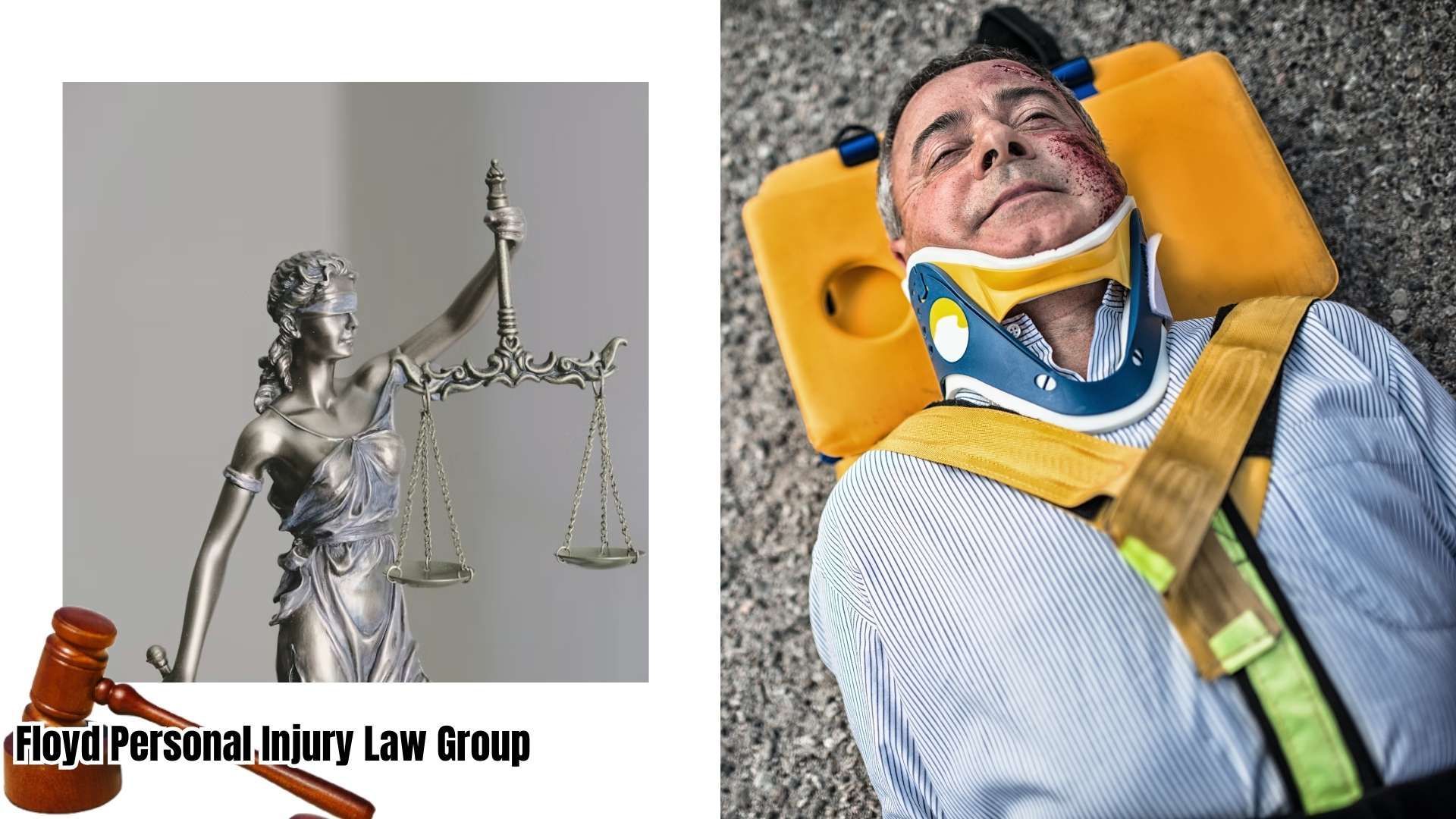Understanding Negligence in Personal Injury Cases
When it comes to personal injury cases, one of the most important legal concepts that determines the outcome is negligence. Whether it’s a car accident, slip and fall, or a workplace injury, negligence plays a crucial role in proving liability and securing compensation for the injured party. But what exactly does negligence mean, and how is it proven in court?
In this blog post, we'll break down the elements of negligence and explore how it applies to various personal injury scenarios.
What is Negligence?
Negligence is a failure to exercise the care that a reasonable person would in similar circumstances, resulting in harm or injury to another person. In a legal sense, it means that someone did not act in a responsible way, and their actions (or lack thereof) directly led to someone else getting hurt.
To successfully claim negligence in a personal injury case, four elements must be proven: duty of care, breach of duty, causation, and damages.
1. Duty of Care:
The first element in proving negligence is showing that the defendant (the party responsible for the injury) owed the plaintiff (the injured party) a duty of care. This means that the defendant had a legal obligation to act in a way that would prevent harm to the plaintiff.
Example: Car Accidents
Every driver on the road has a duty of care to other drivers, passengers, and pedestrians. They are required to follow traffic laws and operate their vehicle in a safe manner.
2. Breach of Duty:
Once a duty of care is established, the next step is proving that the defendant breached that duty. This occurs when the defendant fails to act as a reasonable person would, either by doing something careless or by failing to do something that would have prevented harm.
Example: Slip and Fall Cases
In slip and fall cases, property owners have a duty to maintain safe premises. If a grocery store fails to clean up a spilled liquid and a customer slips and falls, the store may have breached its duty of care by not promptly addressing the hazard.
3. Causation:
After proving a breach of duty, the plaintiff must show that the defendant’s actions (or inaction) directly caused their injury. This is known as causation. The plaintiff must demonstrate that if it weren't for the defendant’s breach of duty, the injury would not have occurred.
Example: Workplace Injuries
If an employer fails to provide proper safety equipment, and an employee is injured as a result, the lack of safety measures would be the direct cause of the injury. The employee must show that the injury would not have happened if the employer had provided the necessary safety equipment.
4. Damages:
Finally, the plaintiff must prove that they suffered damages as a result of the injury. Damages can include physical injuries, medical bills, lost wages, emotional distress, and more. Without proving damages, there is no basis for a personal injury claim, even if negligence is clear.
Example: Medical Malpractice
In a medical malpractice case, if a doctor fails to diagnose a condition that leads to further injury or illness, the patient may suffer both physical and financial damages, such as ongoing medical treatment costs or loss of income due to the worsened condition.
How Negligence Varies by Scenario
Negligence can look different depending on the type of personal injury case. Here are a few examples:
- Motor Vehicle Accidents: A driver runs a red light and hits another car, causing injuries. The negligent action (running the red light) directly caused the crash and the resulting damages.
- Premises Liability: A property owner fails to fix a broken handrail on a staircase, and someone falls and gets injured. The owner’s failure to fix the handrail constitutes negligence.
- Product Liability:
A company manufactures a defective product that injures a consumer. The company may be liable for negligence in the product's design or manufacturing process.
Why Proving Negligence Matters
Proving negligence is critical in personal injury cases because it establishes who is responsible for compensating the injured party. The compensation, or damages, can cover a wide range of costs, including medical expenses, lost wages, and pain and suffering.
Without proving negligence, a personal injury claim cannot succeed. That’s why it’s essential to gather strong evidence—such as witness testimony, medical records, and expert opinions—to demonstrate each element of negligence in your case.
Contact Us Today for a Free Consultation
If you or a loved one have been injured due to someone else’s negligence, don’t wait. Our experienced team at Floyd Personal Injury Law Group is ready to help you get the compensation you deserve. Call us today to schedule a free consultation and take the first step toward justice.











